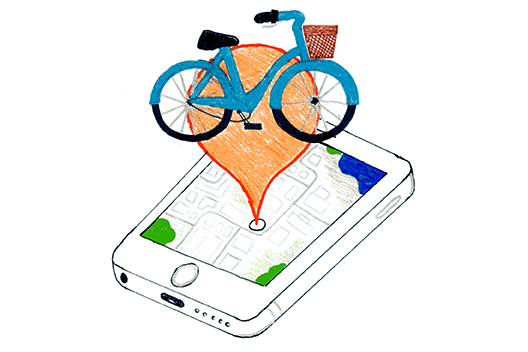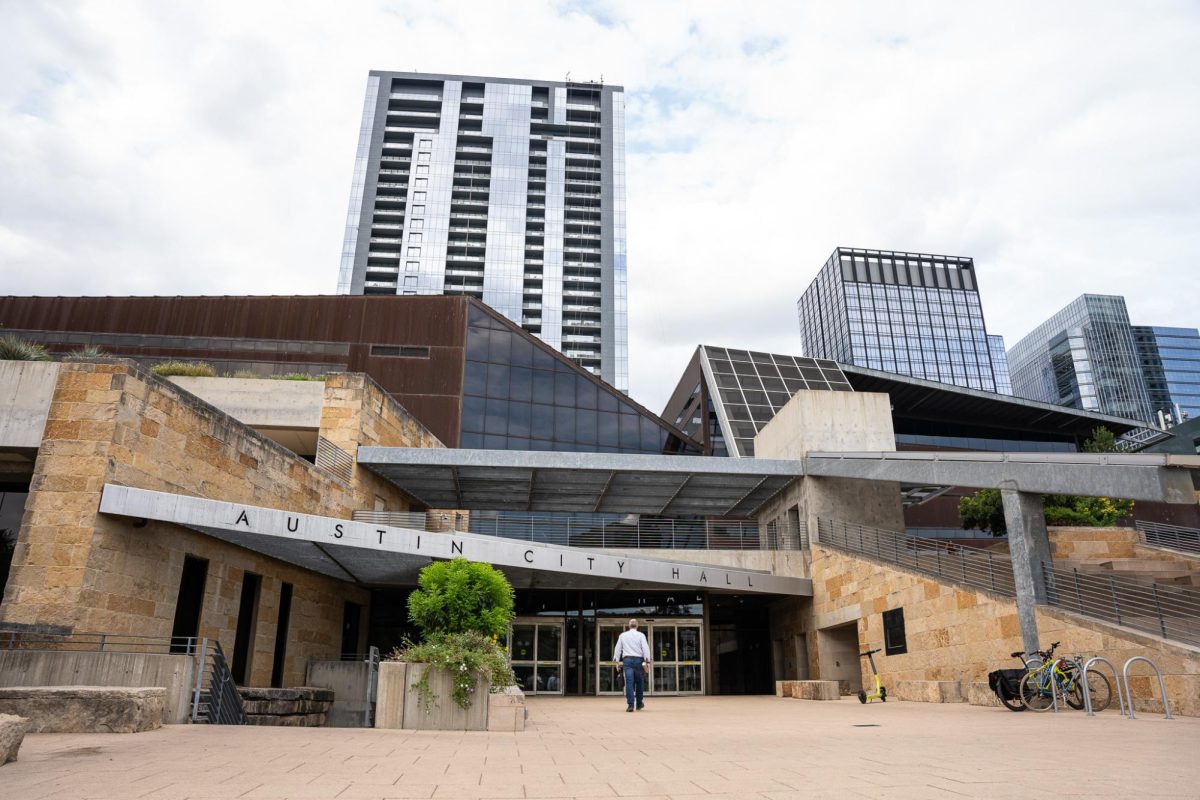A free–range community bike system, otherwise known as dockless bike share, is now on Austin’s horizon.
Last week, the Austin City Council approved a 12-month pilot program to test out dockless bikes, or bikes that don’t have to be returned to stations they were rented from. Instead, dockless bikes use smartphone apps to track their locations and unlock them for usage.
The relatively new form of transportation has raised some problems, said Elliott McFadden, executive director of Austin B–cycle, the station–based bike share system currently operating in Austin.
“Frankly, dockless bike share in other cities has been a mess,” McFadden said. “They have to put lots and lots more bikes on the street to have the reliability of a city–based system, and when you can check out a bike and leave it anywhere, the bikes end up everywhere. They block sidewalks, and they end up in streams, in waterways, and they become a public nuisance.”
McFadden said B–cycle, which currently has 500 bikes and 61 stations around the city, saw over 190,000 rides in 2017, and questioned whether dockless bikes could rack up comparable ridership.
“In the cities where they’ve tested this, ridership is pretty low, which begs the question why, if there’s not really much of a market demand for this, we’re pushing this program,” McFadden said. “What we’re seeing in cities where they’re tested side by side, the consumers are overwhelmingly still choosing station-based (bikes).”
McFadden said the city–owned B–cycle is self–sustainable, while dockless companies have admitted to “hemorrhaging money.” He said this calls into question their longevity.
Molly Alexander, executive vice president of the Downtown Austin Alliance, said dockless bike shares do pose some issues for the city, such as maintenance, safety standards and possible disruption to Austin’s zero waste goals. However, she said she is optimistic for its arrival.
“Dockless bikes are kind of disrupting things, but that’s not bad,” Alexander said. “They’re making us think outside the box. What we think about is how to allow for innovation, but make sure the health and welfare of our citizens has a seat at the table.”
Alexander said Austin is well–suited for the dockless bike test run because of its youthful atmosphere.
“I look at Austin as a beta city, where companies come and test things on us,” Alexander said. “I think that’s so exciting. We have a lens into the future because we’re so youthful, and I think that if well–deployed and it solves for an issue, then something like dockless bikes can be successful here.”
James Lentz, president of the Campus Bike Alliance and a member of the city’s Bicycle Advisory Council, said an often overlooked point in favor of the bikes is the amount of street space parked cars currently take up. Lentz said he would be surprised if the University did not adopt the dockless bikes for campus use.
“Anything that gets more people on bikes is a good thing,” said Lentz, a civil engineering senior. “We obviously don’t need a thousand dockless bikes just hanging out in the Jester rack, but I would be shocked if we didn’t use them. Dockless bike share would be a lot more flexible for students (who) are always really quick to adapt to new technology.”





















